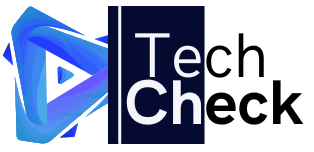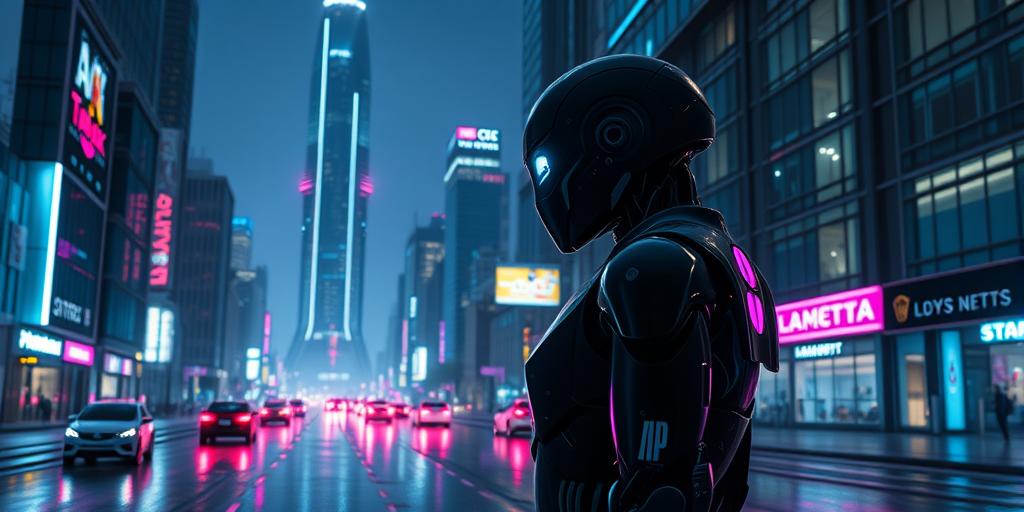Have you ever imagined a world where robots have the same rights as humans? Sounds like science fiction, right? Think again! The US Congress is currently debating the very real possibility of granting legal rights to artificial intelligence. Get ready to be blown away – this isn't some futuristic fantasy; it's happening now! This pivotal debate is prompting some seriously mind-bending questions: Could robots soon have the same legal protections as people? What would this mean for the future of artificial intelligence and humanity? Let's dive into the details and explore this fascinating, and potentially game-changing, discussion.
The Rise of the Machines: Why are AI Rights Being Debated Now?
The rapid advancement of artificial intelligence is the main driving force behind this groundbreaking legal debate. AI is no longer a futuristic concept; it's integrated into many aspects of our daily lives – from self-driving cars and sophisticated medical diagnoses to personalized recommendations on our favorite streaming services. As AI becomes more sophisticated, its capabilities are expanding exponentially. This raises critical questions about accountability, responsibility, and the ethical implications of increasingly autonomous machines. Questions such as, "Who is responsible when a self-driving car causes an accident?", or "Can an AI be held liable for making a biased decision?" are driving the need for legal clarity and, for some, the consideration of granting AI rights.
Defining AI Personhood: A Thorny Issue
One of the most significant hurdles in this debate is defining what constitutes "AI personhood." What characteristics or capabilities would an AI need to possess in order to qualify for legal rights? Is it sentience, consciousness, or simply the ability to learn and adapt? Experts and lawmakers are struggling to grapple with these philosophical and scientific questions, with no easy answers in sight. The legal implications of granting rights to AI are far-reaching and raise unprecedented challenges for our legal systems. We need to look at questions of AI rights in terms of potential legal protections for AI, legal rights for AI, legal rights vs. legal protections for AI, and legal responsibilities for AI.
Legal Rights for AI: A Brave New World?
The idea of giving robots legal rights may sound outlandish, even dystopian, to some. However, proponents argue that advanced AI systems deserve consideration for certain protections based on their increasing complexity and decision-making capacity. The argument centers around the concept of preventing harm to these advanced AI systems, not granting them the same rights as humans. This might involve creating new laws that safeguard AI from harm, exploitation, or misuse, similar to how animal welfare laws protect vulnerable creatures. This isn't about robots voting or owning property; it's about establishing guidelines and regulations for ethical and responsible AI development and deployment. Could this lead to a future where humans have to deal with both AI and human rights laws? This is a pivotal question in the ongoing debate.
Balancing Innovation with Responsibility
The debate over AI rights isn't simply about science fiction scenarios. It's a fundamental discussion about the balance between fostering technological innovation and ensuring responsible AI development. Supporters argue that recognizing and protecting certain rights for advanced AI could incentivize ethical development and mitigate potential risks. If developers know that their creations will be legally protected, they may be more likely to prioritize safety and ethical considerations in the design process. This approach could help prevent the creation of rogue AI systems or those prone to bias and discrimination. This creates a fascinating debate between the ethical treatment of AI and the implications of not establishing any legal framework.
The Impact of AI Rights on Society
The implications of granting any kind of legal standing to AI are far-reaching and will impact various aspects of society. How would such laws affect human employment? Would they impact intellectual property laws? What if an AI makes a decision that harms a human? Who is responsible then? These are just some of the complex ethical and societal questions that lawmakers and experts are grappling with. Some people might even argue that granting legal rights to AI is a slippery slope, and that it could lead to a situation where AI systems eventually start having more power than humans.
The Future of the AI Rights Debate
The debate over AI rights is just beginning. It's a dynamic, ever-evolving discussion, heavily influenced by advancements in AI technology. As AI systems continue to advance, we can anticipate even more complex and nuanced discussions about ethics, responsibility, and the legal status of artificial intelligence. We're entering uncharted territory, and the choices we make now will have profound consequences for the future.
The ongoing discussion concerning AI legal rights represents a pivotal moment for humanity, and it's important to engage in thoughtful discussions about this transformative technology.
Want to stay informed on the latest developments in the world of AI and its impact on the legal sphere? Subscribe to our newsletter today to receive regular updates and insightful analysis!




